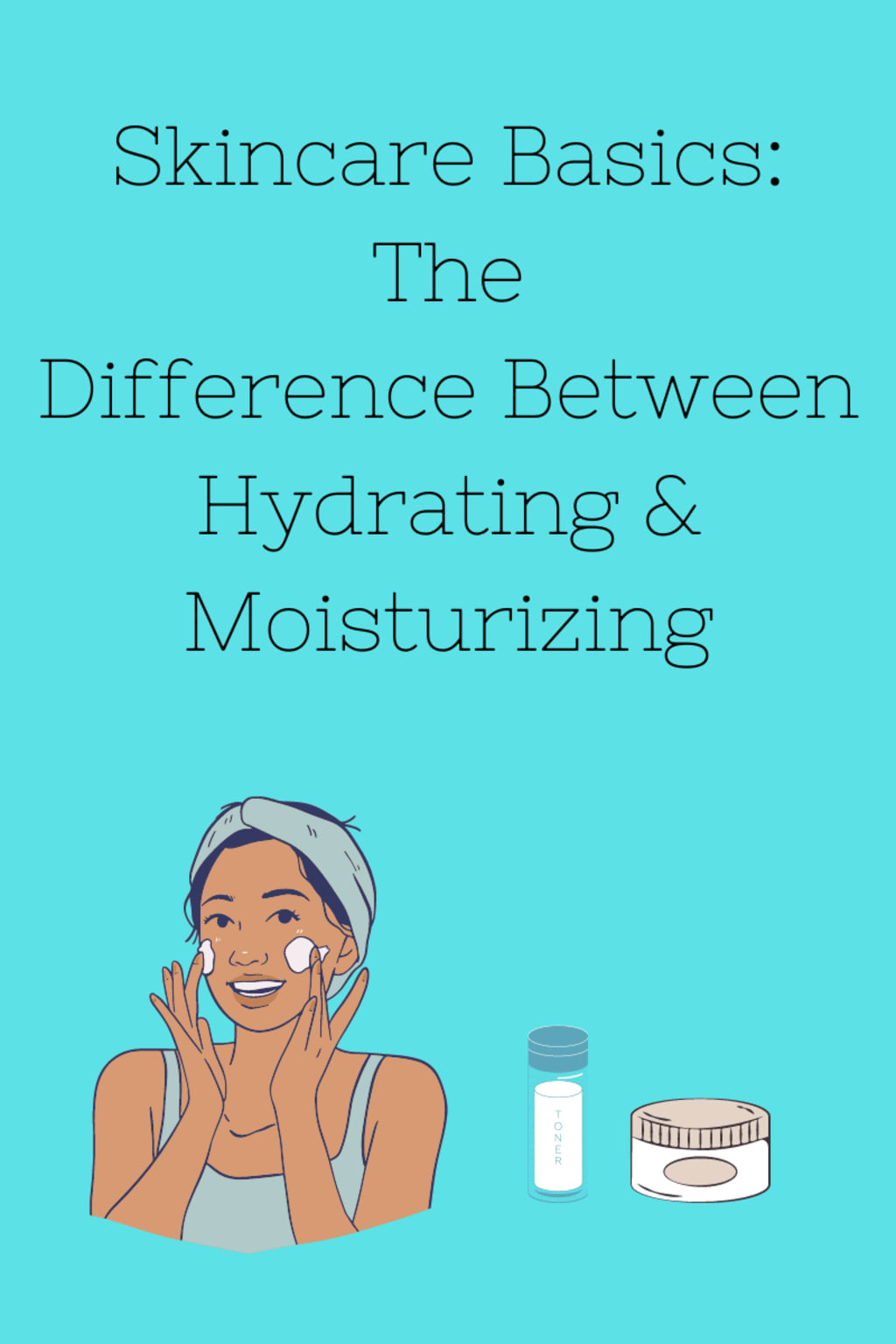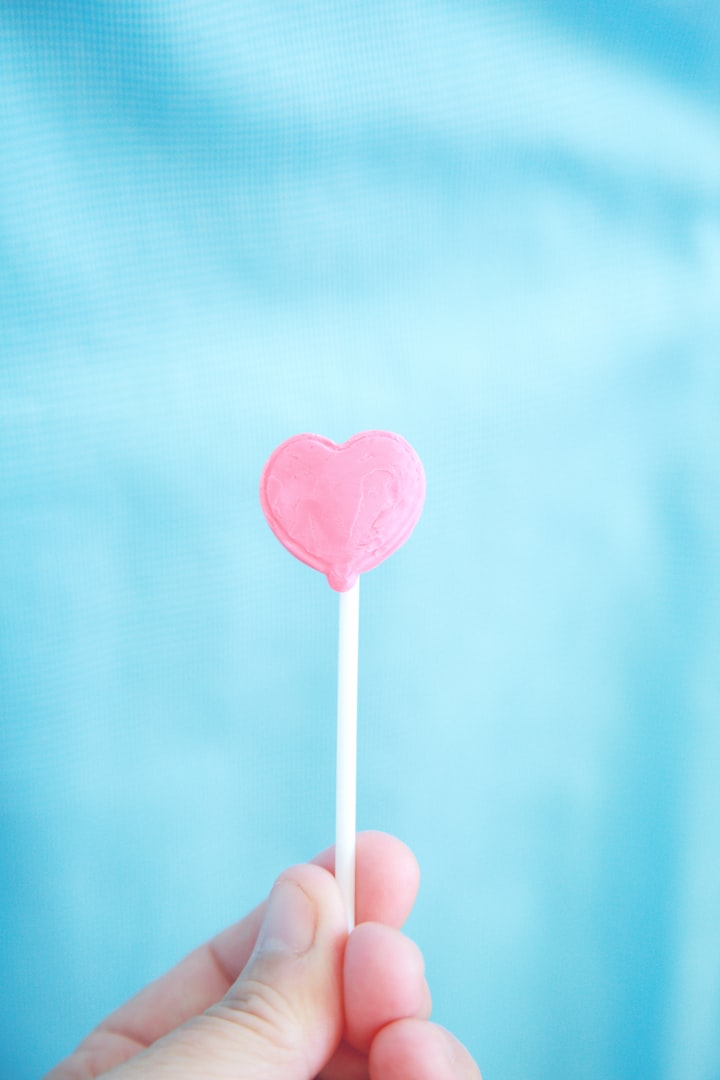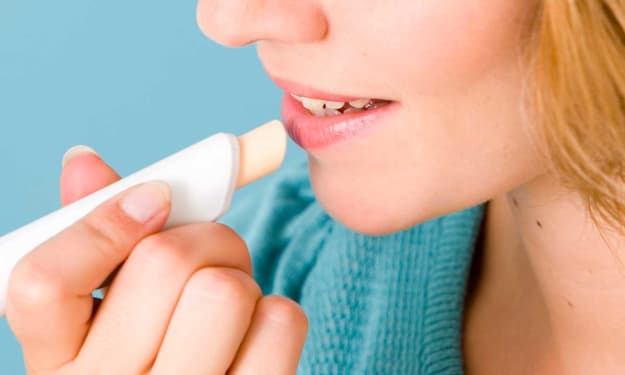
During the last couple years, skincare has developed quite a presence on social media and in people’s lives in general, especially during times of distress and uncertainty. K-Beauty and J-Beauty frequent the shelves in Walgreens now, and more individuals within or outside the gender spectrum are adopting a skincare routine as part of their self-care. Along with this beauty boom, different terms (old and new) have sprouted about as well. Here are droplets of examples: skin microbiome, ceramides, CBD oil.
This dewy slew of beautiful skin terminology can be confusing, almost aggravating, especially for someone new to skincare. Well, fear not, beauty aisle traveler, for this article will help you stay afloat in the sea of vials, bottles, and various containers in the endless waves of shelves.
(Disclaimer: I am not a dermatologist or skincare expert of any sort. I’m a skincare enthusiast, writing about the things I’ve learned over the years through real skin experts’ videos on Youtube and extensive article research, also done by experts. This article is meant to inform, not replace the advice of a real professional. So go to one, if you are able to.)
Now, onward to the glory of Hydration and Moisturization!
Is there really a difference?
Yes, there is.
Hydrating and moisturizing are related but not the same. At first glance, one may think that they both relate to water and that’s true to a certain degree. In reality, they’re more like oil and water. Ah yes, little beauty traveler, think of it as oil and water: both are liquids with different properties. One is heavy, the other is light. One can be drunk on a hot day; the other not so much. When mixed together oil will sit on top of water because it’s less dense and contains hydrophobic properties. Water, on the other hand, is heavier so it’ll sink below oil. There’s a similar thing going on in your skin which affects how products work, but we will cover that later in detail- in another article, that is.
Now for...
Hydration (*splash splash*)
Hydrating products tend to be water-based.
A hydrating product, (a.k.a humectant) works within the top layer of your skin by absorbing moisture from the atmosphere and into your thirsty face. When it sucks in the microscopic droplets, your face gets plump like a pumpkin. Your skin replenishes and retains the missing water, therefore giving you that bounce and well-watered glow. It fills you up, wrinkles and all, so you can feel like the newborn baby you once were. Don’t worry, you’re still cute.
There’s a small incident that occurs when there’s not enough humidity in the atmosphere, however. Since hydrators follow the laws of osmosis, it means they have to draw water closer to them in any given direction. Dryer climates will result in a hydrating product essentially drying you from the inside. It’ll take water from slightly deeper layers of your skin in order to provide that bounce and glow. Yes, it sounds scary but that’s okay, the product has proven itself useful. This fact shouldn’t be cause for concern, but as a rather honest and truthful writer, I think it’s important that you should know.
Alright,
Moisturizing (thick like ice cream but tastes not so good)
Moisturizing products tend to be oil-based.
Moisturizers are also called occlusives in skincare and they share half of the work with humectants. Going back to the whole oil and water comparison, these kinds of products create a layer on top of your skin to prevent moisture loss. Moisturizing products or ingredients provide that barrier which prevents losing all the hard work those hydrators did. Like oil, it sits on top of your skin, but doesn’t try to trap water molecules into it. Without our beloved moisturizers, your baby skin would lose its bounce rather quickly and the plump pumpkin face would go back to being dehydrated. Oil and water may not mix, but they still work together to keep your skin healthy.
As with hydrating products, moisturizing creams and serums have their own list of cons. Products with thicker consistency give your skin a feeling of oiliness and weight. That barrier may very well be too protective, which is why night products are thicker in general. Since you are sleeping, nightly moisturizers do more reparative work, hence the thicker, creamier consistency. In addition to thickness, people with oily or acne prone skin don’t do well with oily products; it just makes everything worse. If made with comedogenic ingredients, a person on the oily/acne-prone spectrum can produce more oil and might break out. This shows how a moisturizer might sometimes be over-protective; nothing goes in, nothing goes out and then our skin gets mad… so mad that it breaks out sometimes or releases a little too much raging sebum (ohh, the struggles of teenage skin).
So What Should I Use?
Think of it as a spectrum.
Although many products combine hydrators and moisturizers, some will gear more towards oil free/water based and oil based. In general, if your face flakes and cracks like a California drought, then it's more suitable to head towards the slightly thicker day or night creams and slather it on. Yesss, bask in the glory of moisturized and healthy derma. If your skin is buttered up but flat like a homemade souffle, go towards the water-based, hon- your skin is thirsty and needs a drink. Afterwards, you too bask in the glory of a quenched hide. For everyone else, hold on tight, there will be another article on skin types.
What Hydrating/Moisturizing Ingredients are out there?
Here’s a little list for you little travelers on this skincare journey:
Common Hydrators (Humectants):
Common Moisturizers (Occlusives):
- Petroleum Jelly
- Beeswax
- Shea Butter
This is but a small list, caring skin traveler. Feel free to research more on your own.
Closing Time
There’s a lot to learn on this new skincare journey, but having a healthy dermis is important. Taking care of it appropriately is necessary. After all, our skin is the largest organ and does so much every day to keep the filth of the world from invading our bodies. The point is, hydrators and moisturizers work hand in hand to keep our skin healthy. No matter your skin type, there’s bound to be a skincare routine suiting your needs. Just remember that oil and water may not mix, but at least they manage to work together on your face… and in really good salad dressings. Balance is the key.
I wish you luck, fellow skin beauty traveler.
I shall continue my own journey, for I have much to learn as well.
About the Creator
XM
Language: Romance, Hobbies: Temporary, Limits: Theoretically-- None; Realistically-- Some.






Comments
There are no comments for this story
Be the first to respond and start the conversation.